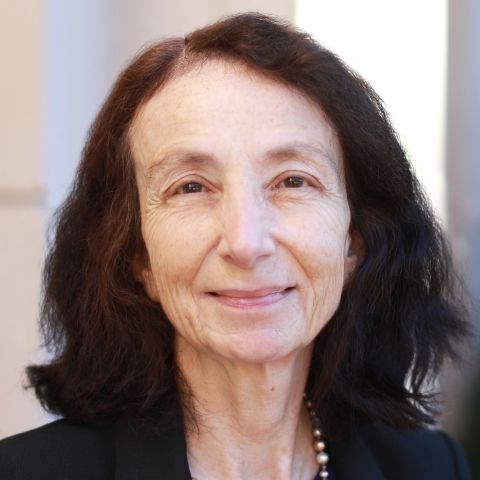
Singlehood is becoming an increasingly important social identity category. Thousands of people are members of Facebook groups such as I am my Own Soulmate or Community of Single People. Sologamy, marrying oneself is on the rise. The growing social movement to bring attention to voluntarily single people is creating pressure on the law. Single people are also highly visible when it comes to categories for the allocation of government benefits: eligibility requirements may well differ based on whether an applicant is single or married. This occurs, for example, in the qualifications for long-term care under Medicaid or various public welfare benefits, the availability of portability in utilizing the estate and gift tax, or even in the choices for filing income tax returns. This categorization reflects core assumptions about the privatization of dependency during marriage rather than taking singlehood seriously. Nonetheless, this legal treatment and the growing number of voluntarily single people lead to questions about whether singlehood should be a distinct legal category, a basis for analyzing legal distinctions. Indeed, single people are still not yet adequately explored in legal scholarship. This may be a reflection of cultural (and legal) images of single people that are often negative: single people are lonely, have not yet met the right person, are reluctantly un-partnered, singlehood status is seen as something that is temporary and subject to control—or a reflection that singlehood is such an indeterminate legal category, difficult to define, that it would be too difficult to establish it as a distinct category. In this brief essay, I set out a research agenda for areas for further analysis. In addition to legal issues, the essay explores cultural images of singlehood, discusses the growing movement of voluntarily single people, and then turns to the promises and difficulties of a legal singlehood status. The essay catalogues the ambivalence with which singlehood is treated, both the legal assumptions about the disabilities of being single and also the benefits occasionally accorded to single people. The essay suggests questions about whether, and how, the law might move forward in responding to this increasingly critical social category, either by equalizing treatment, or dissolving entirely categories based on coupledom.